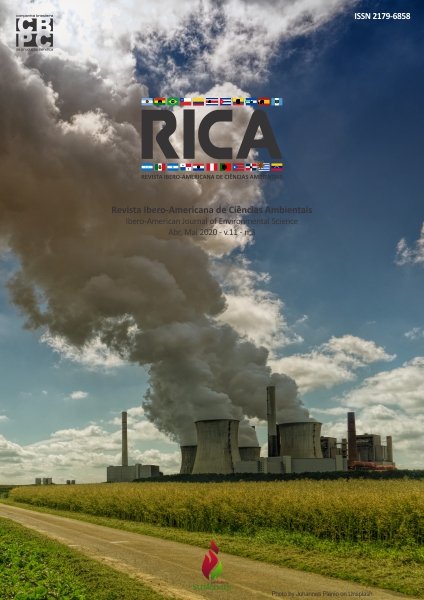Generation of psycho-socio-environmental deterioration microfields from irregular waste deposition in residential areas
DOI:
https://doi.org/10.6008/CBPC2179-6858.2020.003.0027Keywords:
Open air dumps, Cities, Solid waste, Socio-environmentalAbstract
The present study aimed to verify the influence of waste deposited in open air pit dumps in urban areas, verifying the impacts caused by the proliferation of vectors in homes and diseases on the family members around these outbreaks, in the city of Fazenda Rio Grande/PR, Brazil. The choice of lots took place from the on-site (in loco) visit, to all streets and neighborhoods in the city and observed the presence of massive deposition of domestic waste in these places, as one of the criteria of choice. In addition, the lots should be limited to the urban area, at a minimum distance of 100 meters from sea areas, forested areas, wetlands and river banks. A structured questionnaire was used and the residents around these lands were interviewed. For data analysis, Spearman's rank correlation test was used, which measures the association between two variables at least ordinal. This test is non-parametric and does not require assumptions about the distribution of the data. The measure called 'rho' is a value ranging from -1 to 1, where 1 indicates perfect positive correlation (if the order of one variable grows, the other tends to grow too) and -1 indicates perfect negative correlation, if the order one variable grows, the other tends to decrease). A positive correlation was obtained for the presence and frequency of the occurrence of vectors: flies, cockroaches, rats, street animals and for unpleasant odors. As for diseases, the results were significant for: infections, diarrhea, inflammation, breathing problems, anxiety and depression. Taking as a premise these facts and theoretical contributions from environmental psychology and geography, it is proposed that the places with the described characteristics, form the microfields of psycho-socio-environmental deterioration.
Downloads
Downloads
Published
Issue
Section
License
The CBPC - Companhia Brasileira de Produção Científica (Brazil CNPJ: 11.221.422/0001-03) the material rights of the published works. The rights relate to the publication of the work anywhere in the world, including rights to renewals, expansions and dissemination of the contribution, as well as other subsidiary rights. All electronically published works may subsequently be published in printed collections under the coordination of this company and / or its partners. The authors preserve the copyright, but are not allowed to publish the contribution in another medium, printed or digital, in Portuguese or in translation.









